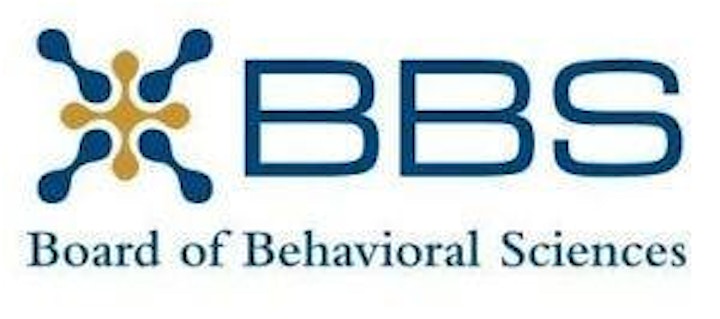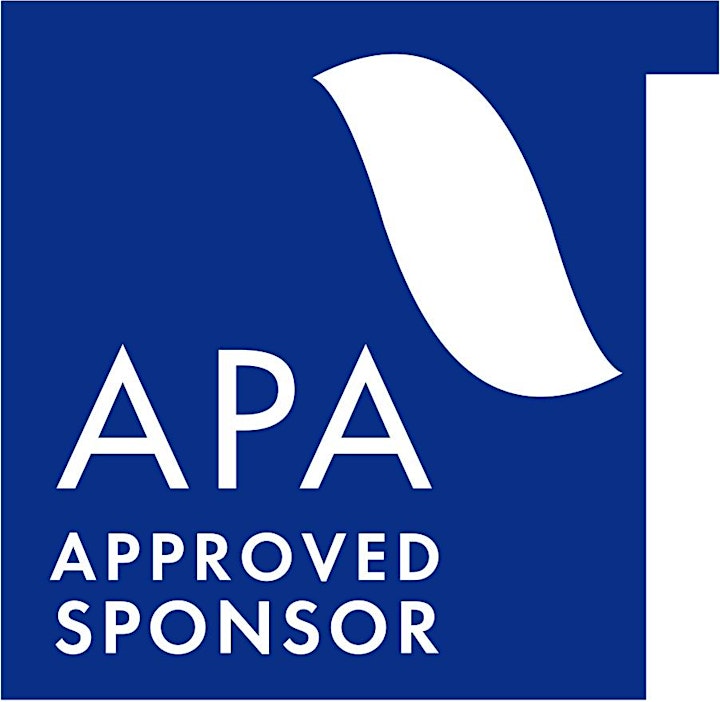The Institute for Professional and Continuing Studies at TCSPP, the Naomi Ruth Cohen Institute for Mental Health Education Fellow, the Institute for Adolescent Suicide Prevention present:
Reducing Youth Suicide
Monday, November 9th, 2020
8:00 am-11:15 am PST/ 10:00 am -1:15pm CST/ 101:00 am-12:15pm EST
Continuing education credit approved. See specifics below.
Workshop Description:
Suicide is the second leading cause of death among young people ages 15-19 according to The Centers for Disease Control (CDC). The suicide rate for youth between the ages of 15 and 24 was the highest recorded rate ever (Heron, 2019). The Youth Risk Behavior Surveillance System found that rates of feelings of hopelessness and sadness, suicidal ideation, making a suicide plan, and injuries resulting from suicide attempts have significantly increased between 2007 and 2017 (Centers for Disease Control and Prevention, 2018).
The workshop provides data on recent trends in adolescent suicide and addresses warnings signs, as well as risk and protective factors. Clinicians will gain knowledge of available suicide risk screening and assessment tools. In addition to discussing suicide in general, the workshop will address the unique needs of specific populations who have increased risk based on unique social factors. Moreover, the importance of postvention strategies will also be addressed.
Learning Objectives:
After attending this introductory-level workshop, participants will be able to:
1. Describe recent trends in adolescent suicide, and identify common assessment tools, risk factors, warning signs, and protective factors in assessing for suicide risk.
2. Identify issues that are specific to marginalized/specific populations and apply an understanding of how these factors should be incorporated into assessment and clinical work with adolescents.
3. Describe the importance of prevention and postvention procedures for specific communities.
Professional Bio of Presenter #1, Kate Mahoney, MSW, LCSW, Executive Director of the Naomi Ruth Cohen Institute for Mental Health Education at The Chicago School of Professional Psychology
Kate Mahoney, MSW, LCSW is a licensed clinical social worker with more than 30 years of experience in behavioral health. She is the Executive Director of the Naomi Ruth Cohen Institute for Mental Health Education at The Chicago School of Professional Psychology. She is active in the community and is a frequent presenter at conferences and community forums. She has received numerous awards including the Mental Health America’s George Goodman and Ruth P. Brudney Social Work Award in 2017.
Professional Bio of Presenter #2, Erika Williams, Program Developer at the Naomi Ruth Cohen Institute for Mental Health Education
Erika Williams is currently a second-year clinical Psy.D doctoral student at The Chicago School of Professional Psychology, and will soon have her Masters in Clinical Psychology. She received her Bachelor of Arts in Psychology from The American University of Paris. Erika is currently working at an inpatient setting with children, adolescents, and adults. Erika has been working with the Naomi Ruth Cohen Institute for Mental Health Education as a Program Developer since 2018. Erika has an interest in working with trauma, self-esteem issues, gender issues, adolescents and young adults, and LGBT+ populations.
Professional Bio of Presenter #3, Claire Openshaw, MA, LCPC, Fellow at the Naomi Ruth Cohen Institute for Mental Health Education
Claire Openshaw, MA, LCPC is a Licensed Clinical Professional Counselor currently undertaking her Ph.D. in Counselor Education and Supervision at The Chicago School of Professional Psychology. She has worked with individuals in outpatient, intensive outpatient, and inpatient settings conducting individual and group therapy as well as case management services. Her clinical focus is on gender issues, spirituality, and trauma-related issues. She is currently a Fellow with the Naomi Ruth Cohen Institute for Mental Health Education and a Mental Health First Aid Instructor.
Professional Bio of Presenter #4, Michael Pines, Ph.D., is the Executive Director of the Institute for Adolescent Suicide Prevention.
Michael Pines, Ph.D., is the Executive Director of the Institute for Adolescent Suicide Prevention. Dr. Pines retired from the Los Angeles County Office of Education in 2007 where he was the director of the School Mental Health Center for the 80 school districts. With an emphasis on critical mental health risks, Dr. Pines coordinated policy development and professional training in suicide prevention. In 1999, Dr. Pines established the Los Angeles County Child and Adolescent Suicide Review Team (CASRT). He continues to co-chair that committee and has created research opportunities for TCSPP graduate students. He has been an Adjunct Faculty Member and Clinical Supervisor at the Chicago School of Professional Psychology since 2008.
Program Standards and Goals
This program meets APA’s continuing education Standard 1.1: Program content focuses on the application of psychological assessment and/or intervention methods that have overall consistent and credible empirical support in the contemporary peer-reviewed scientific literature beyond those publications and other types of communications devoted primarily to the promotion of the approach.
This program meets APA’s continuing education Goal 3: Program will allow psychologists to maintain, develop, and increase competencies in order to improve services to the public and enhance contributions to the profession.
Workshop Schedule:
10:00 am CST – Event Begins
1:15 pm CST – Event Ends
Registration and Fees:
General Admission: $40.00
TCSPP Alumni Admission and Current Site Supervisors: $20.00
Non-TCSPP Student Admission: $10.00
TCSPP Faculty, Staff, & Student Admission (Continuing Education Credit Included): FREE
100% of tuition is refundable up to 48 hours before the program. Within 48 hours of the program, tuition is non-refundable.
Space may be limited
References:
Hogan, M. F., & Grumet, J. G. (2016). Suicide prevention: An emerging priority for health care. Health Affairs, 35(6), 1084-1090. doi: 10.1377/hlthaff.2015.1672
O’Connor, S. S., Brausch, A., Ridge Anderson, A., & Jobes, D. A. (2014). Applying the collaborative assessment and management of suicidality (CAMS) to suicidal adolescents. International Journal of Behavioral Consultation and Therapy, 9(3), 53-58. doi:10.1037/h0101641
Yildiz, M., Demirhan, E., & Gurbuz, S. (2019). Contextual socioeconomic disadvantage and adolescent suicide attempts: A multilevel investigation. Journal of Youth and Adolescence, 48(4), 802-814. doi:10.1007/s10964-018-0961-z
CONTINUING EDUCATION:
Target Audience: All mental health disciplines are welcomed.
Psychologists. This program, when attended in its entirety, is available for 3.0 continuing education credits. The Chicago School of Professional Psychology is committed to accessibility and non-discrimination in its continuing education activities. The Chicago School of Professional Psychology is also committed to conducting all activities in conformity with the American Psychological Association’s Ethical Principles for Psychologists. Participants are asked to be aware of the need for privacy and confidentiality throughout the program. If program content becomes stressful, participants are encouraged to process these feelings during discussion periods. If participants have special needs, we will attempt to accommodate them. Please address questions, concerns and any complaints to Danielle Bohrer at 312-467-2364. There is no commercial support for this program nor are there any relationships between the CE Sponsor, presenting organization, presenter, program content, research, grants, or other funding that could reasonably be construed as conflicts of interest.
Counselors/Clinical Counselors. This program, when attended in its entirety, is available 3.0 hours of continuing education. The Chicago School of Professional Psychology is licensed by the Illinois Department of Financial and Professional Regulation (IDFPR) to provide continuing education programming for counselors and clinical counselors.License Number: 197.000159
Social Workers. This program, when attended in its entirety, is available for 3.0 hours of continuing education. The Chicago School of Professional Psychology is licensed by the Illinois Department of Financial and Professional Regulation (IDFPR) to provide continuing education programming for social workers. License Number: 159.001036
MFTs, LPCCs, and LCSWs. Course meets the qualifications for 3.0 hour of continuing education credit for MFTs, LPCCs, and/or LCSWs as required by the California Board of Behavioral Sciences. If you are licensed outside of California please check with your local licensing agency to to determine if they will accept these CEUs. The Chicago School of Professional Psychology is approved by the California Board of Behavioral Sciences (BBS) to offer continuing education programming for MFTs, LPCCs, LEPs, and/or LCSWs. The Chicago School of Professional Psychology is an accredited or approved postsecondary institution that meets the requirements set forth in Sections 4980.54(f)(1), 4989.34, 4996.22(d)(1), or 4999.76(d) of the Code.
Participation Certificate. The Chicago School of Professional Psychology is able to provide students and other participants who simply wish to have documentation of their attendance at the program a participation certificate.
Non Psychologists. Most licensing boards accept Continuing Education Credits sponsored by the American Psychological Association but non-psychologists are recommended to consult with their specific state-licensing board to ensure that APA-sponsored CE is acceptable.
*Participants must attend 100% of the program in order to obtain a Certificate of Attendance.
The Chicago School of Professional Psychology is approved by the American Psychological Association to sponsor continuing education for psychologists. The Chicago School of Professional Psychology maintains responsibility for this program and its content.



